04-Jun-2018
We see a lot of wonderful things happen around us all the time; being able to see doesn’t take efforts, but being able to flash & capture that very moment is possibly the hardest part. Being a good photographer is not easy, and if you are a female, then it gets a little tougher.
People believe, there are a few things only men are good at. But we question, is it? I mean, yes, there was a time, when we get to see no female photographer capturing the wedding, but now women have left no stone unturned. They excel even here, and that too amazingly well.
A peep into the life of Radhika Pandit, who not only make your day extra special, but also captures the best moments and seals it for lifetime. When asked, what made her choose to be in photography field, see what she has to share:
Tell us something about yourself and how did you plan to be a photographer or it was just an accident?
I grew up in Ahmedabad (Gujarat), I studied architectural conservation and photography at CEPT, which inspired me to chase the intricate work of architectural photography along with other forms of photography. It came in my life just as a hobby and it was that stage of life where I had to take most important decision of my life- deciding my career. Partly driven by necessity and partly driven by want, I took a leap of faith into doing photography. I founded a company called Destination Photographers.
We specialise in Architectural, Wedding, Lifestyle, Travel, Documentary and Childbirth photography.
What is your workflow? Your favorite photography/videography style?
We use many different photographic techniques to ensure people appreciate the build from every angle and light, such as HDR lighting, Panoramas, or Virtual Walks, and we collude with architects to the very end, establishing their preference in post-processing.
What projects you liked the most so far?
There have been so many incredible projects. One that comes to mind is of a museum that I last shot in Siddhpur, which is located on the banks of the mythical river Saraswati. The place Siddhpur itself has deep religious and historical importance and the museum depicts that. It has been described in monumental scriptures like Rig veda, Mahabharat and it is believed by Hindus to be the most sacred and only place for the last rites of mothers in the entire nation, just like Gaya (in Bihar) is for the last rites of fathers. Right from the entrance to the axis to each space of the museum is well conceptualized and defined keeping in mind the geographic, historic and religious aspects.
Which camera do you use?
I use Canon Mark IV and III both.
What are some common myths about your profession?
Well, there are myriads of examples; one of the clichéd myths of photography is taking photoshop. For many people, photoshop is a derogative word and a total no-no as far as the professional photography is concerned! While the fact is, retouching the photos is an essential part of the photography. However, a photographer needs to be fairly acquainted with the amount of touch up a photo needs.
Another such myth was about wedding photography where earlier people disregarded this profession. It has completely changed people's perspective now and a lot of photographers are earning right recognition through it ever since it has seen a booming increase in its demands!
These days do photographers focus on preproduction or postproduction?
It's not about more or less, it's mainly about giving right amount of importance to every aspect of photography. So to say, editing is equally important part to photography as are the shoot and preproduction. In doing every part, striking the right balance is the key. Not overdoing does not mean that one shouldn't touch up at all! There is a thin line between not touching at all and overdoing it.
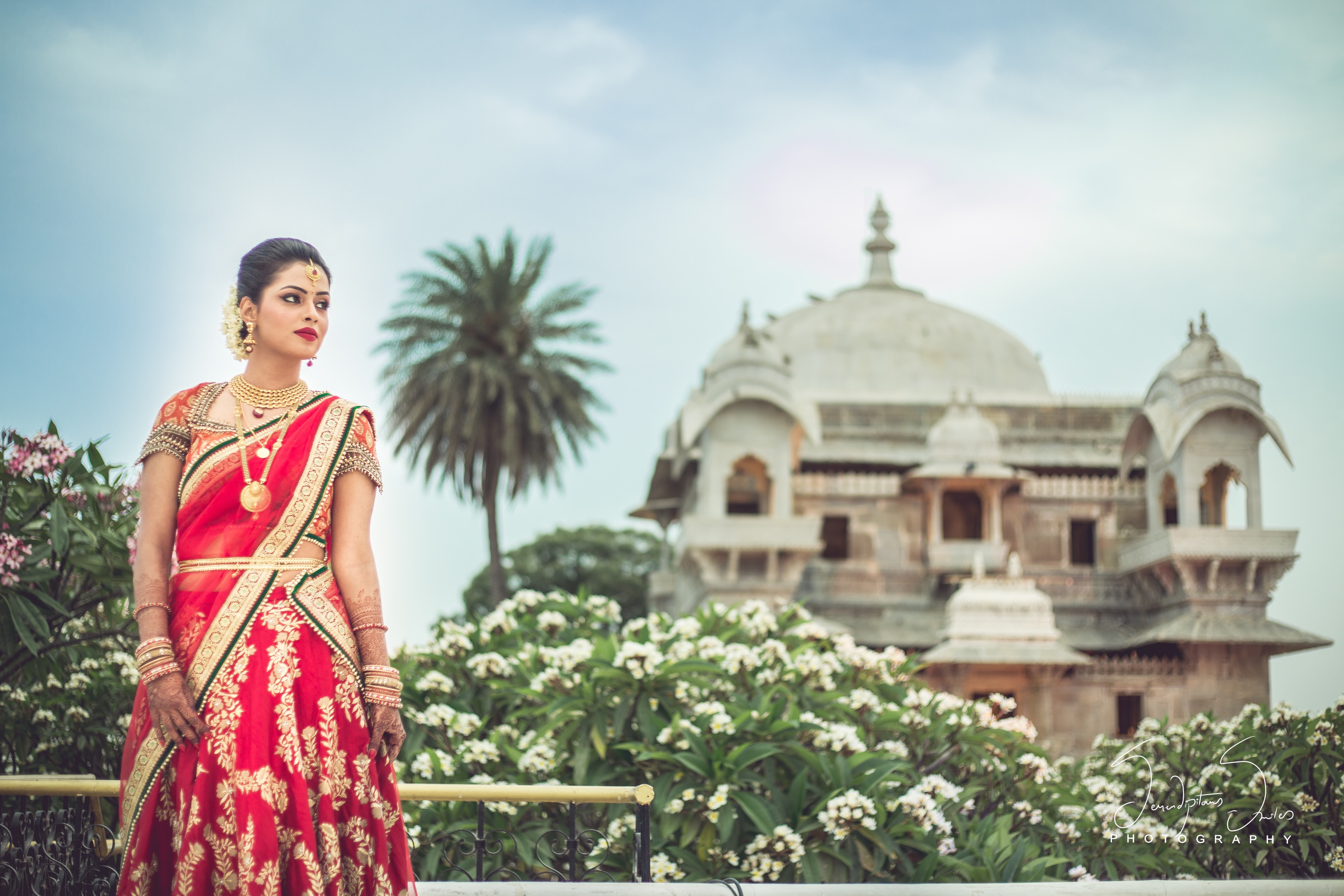
On a basic level, what skills does your job demand?
First of all how you take up photography makes a huge difference. Your priorities would certainly differ when you have it as a full-time profession than practicing it as an amateur or a hobby. For say, wedding photography is all about team work and it gets difficult when a lady photographer has to lead the entire team of mixed bunch, from seniors to few of male-chauvinists who would not appreciate to be commanded by a lady photographer. One has to learn to get the appropriate work done and not let people feel that they are being commanded by a female. Fret not, being a lady photographer is more than anything a plus point too. It is in many ways way too easier for a female photographer to connect to her clients. Since it's easier for the bride to build up connection with a female photographer than the male photographer, and bride being the important part of the wedding, it's easier for a female photographer to easily connect to the people around.
Talking about other skills, you have to be quick to analyse and act in the given situation. For instance, in wedding so many different situations occur around you where it becomes very important to be sensitive and to be observant and to be open, basically one needs to know when to participate and when to set back and simply observe.
What courses would you recommend to an aspiring photographer?
Firstly one needs to have clarity about the field one aspires to get into. There are 'n' number of fields such as fashion photography, architectural photography, documentary style photography, wedding photography, portrait photography, food photography, lifestyle photography only to name a few. You should go with what excites you and connects you the most.
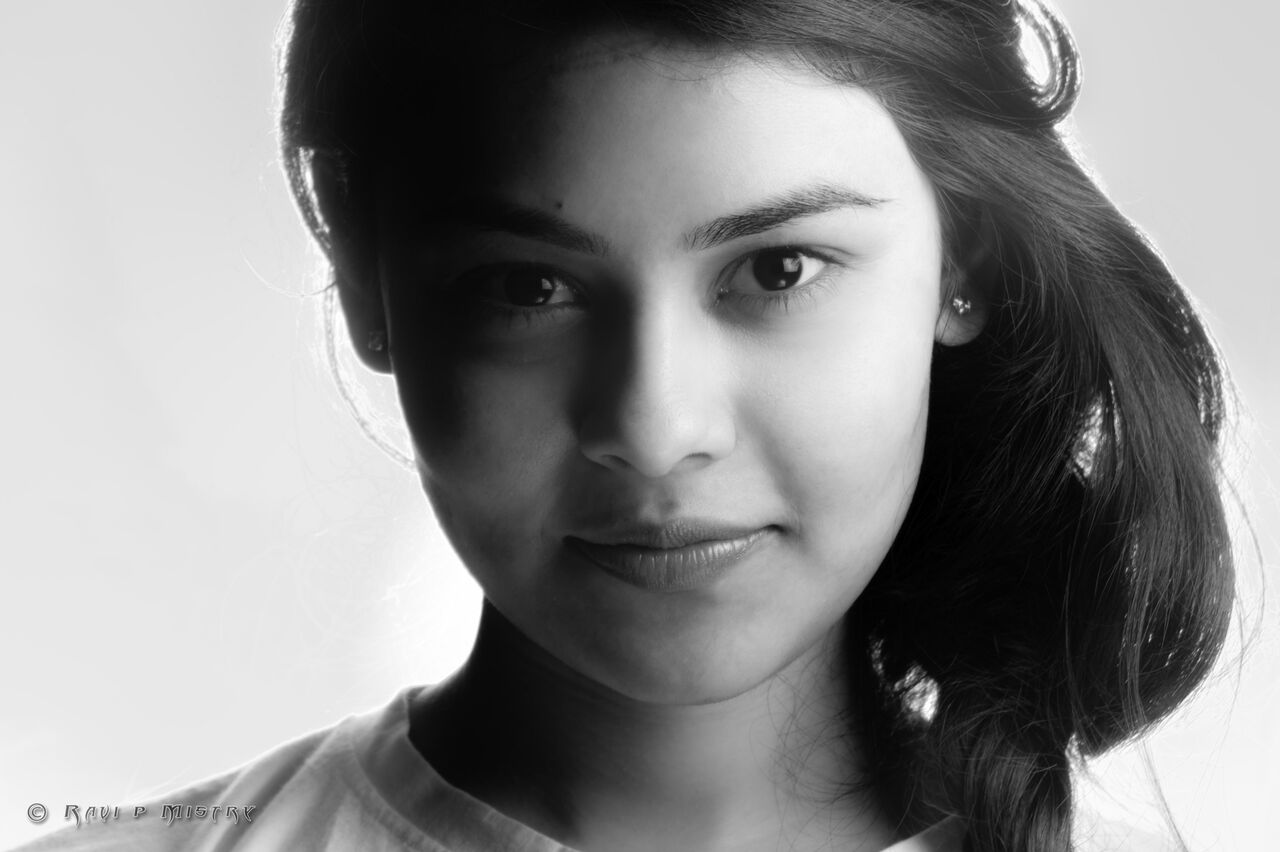
What is the most important thing when it comes to the wedding photography?
It’s a huge responsibility I would say. Because in wedding a photographer needs to be vigilant about each and every movement, I would be of opinion that it's more challenging than any other photography. The reason is, in a wedding you are given a responsibility to make the bride-groom couple look more better regardless of their any comfort levels before camera. You are required to have so much of patience during wedding photography. I would put it this way, if you can shoot a wedding then I’m sure you can shoot any other field photography.
Childbirth photography is relatively new concept for the Indian market. What are your views on it?
Indeed, this concept is quite new. If you think about the most important moments in your life, one is definitely wedding, when you find somebody you love, you want to make it official, from choosing an auspicious day to getting the right jewellery, apparels, spending good quality time to find a good photographer and simply making every effort hoping to make your D-day worth every bit! If you think about second most important moment, it ought to be the birth your child. Child photography in India is quite a new concept. Yet again, in terms of winning trust, things tend to get a lot easier for female photographer compared to the male photographer, especially in our country where people might get little uncomfortable about letting a photographer in the operation theatre, since it is one of the most personal affairs. Besides, being a mother or a father is one of the most important journeys of your life and capturing the first expression when they see the baby first time, the baby smiling give thrilling feeling and it's surely overwhelming! Yet, here, a lot of time it's not the constrain of just the couples, there are constrains of the gynaecologists because a lot of care and attention are required during this time, and how much liberty can be allowed to a photographer is yet another burning issue. There are gynaes who are extremely open to this and there are also few others who are showing interest in giving these moments as a part of gift to the newly-become mommy-daddy couple. While some other gynaecologists might take some time to evolve and be more flexible with this exciting field of photography.
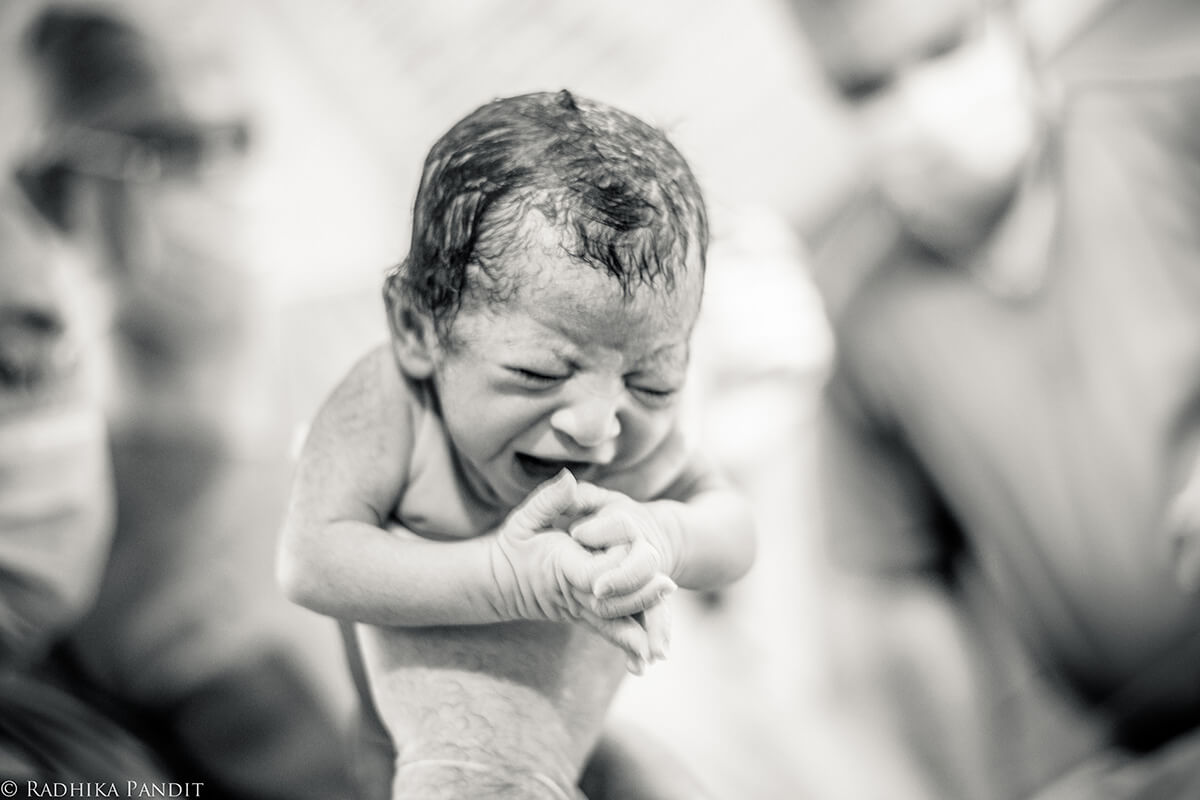
You have won 42+ awards, tell us about one key reason that brought these accolades in your bag?
I think what really helped me during my entire process is that I was fortunate enough to have directly started with international big players so once you get identified by them, it’s much easier for you to get recognition locally- in state and country. So basically, this is what is happening with us.
Would you impart with us things you like and dislike about your profession?
What I really like about this profession could also be seen in negative light. But what I really like about this profession is I genuinely enjoy my time when I’m shooting. It’s the highest meditative state that I reach while I have camera in my hand, there is absolute no other thought but just the work itself. So that state of being that I receive is very blissful. No matter any mood I am into, the moment I have camera in my hand, I forget everything, it’s just me and my subject then. And the minus point is that because you love your profession so much that there is no time between your break and your work. So to expand, even when I am holidaying, I still end up shooting a lot, in this case you never know when to stop. But so far it seems to be working for me.
Here are some of the pictures clicked by her.









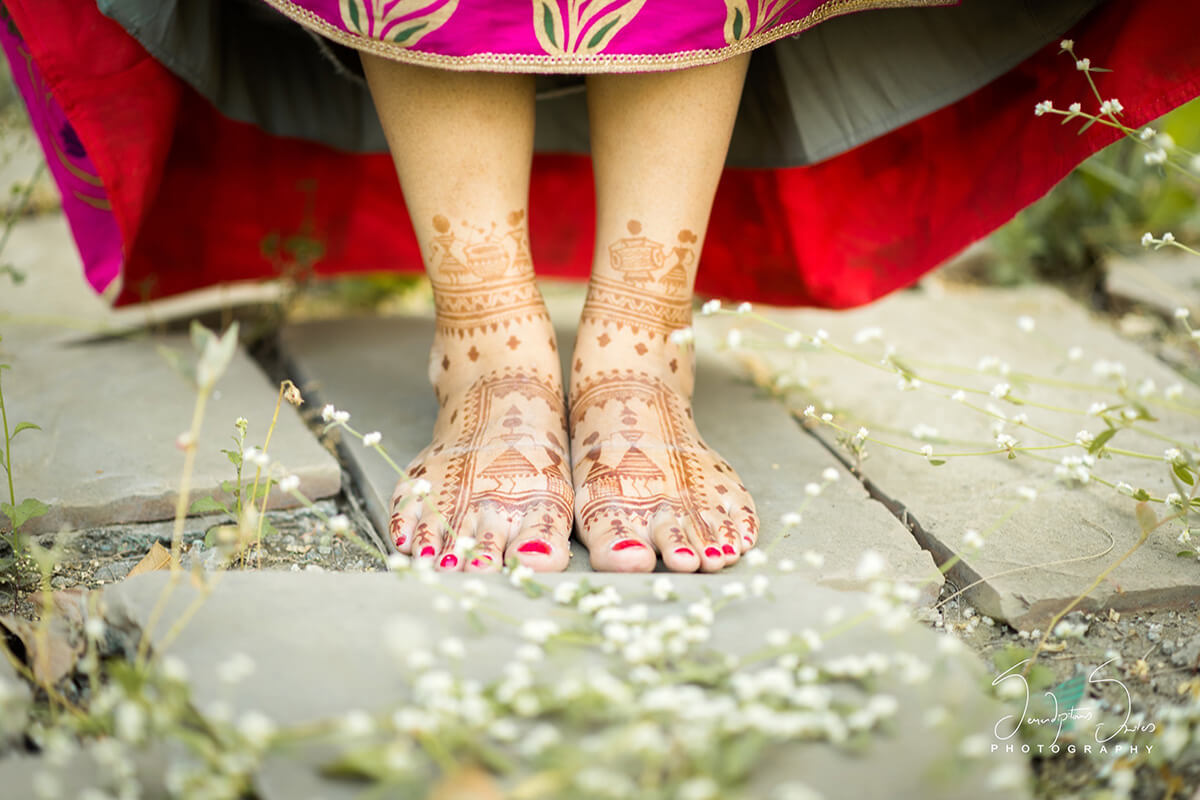
Who’s your favorite photographer? Let us know in the comment box below.
You may also like:
Every Step Is A Miracle, A Dream, An Experience, A Joy: Deepak Pawar
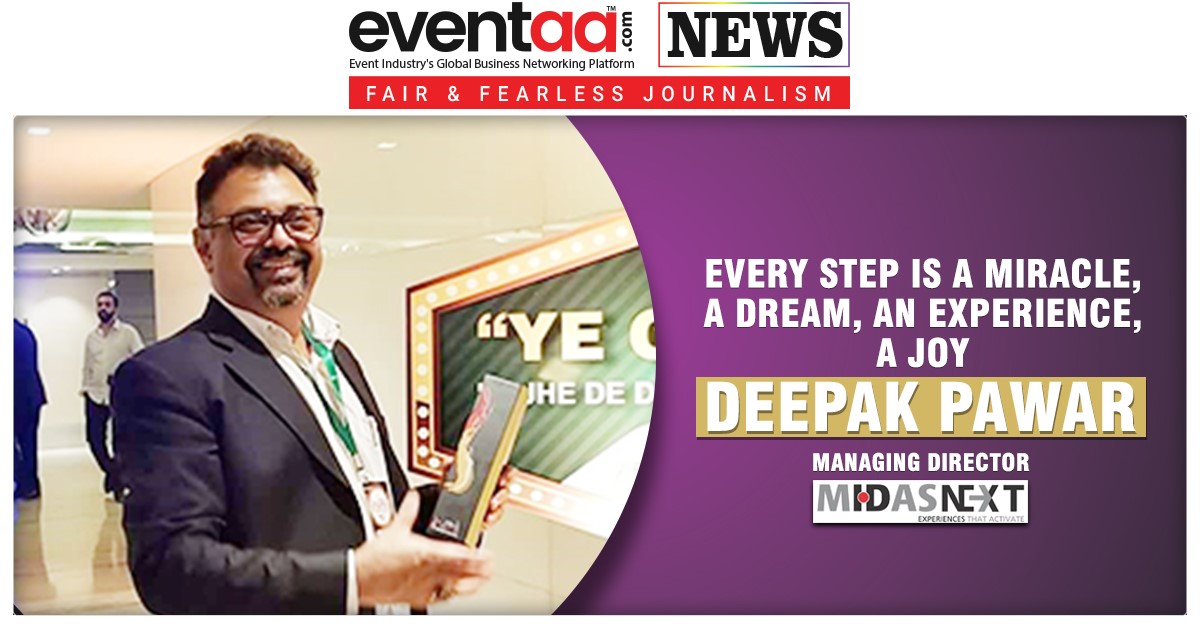
Sooner or Later, I Will Reach Where I am meant to Be: Gitikka Ganju Dhar
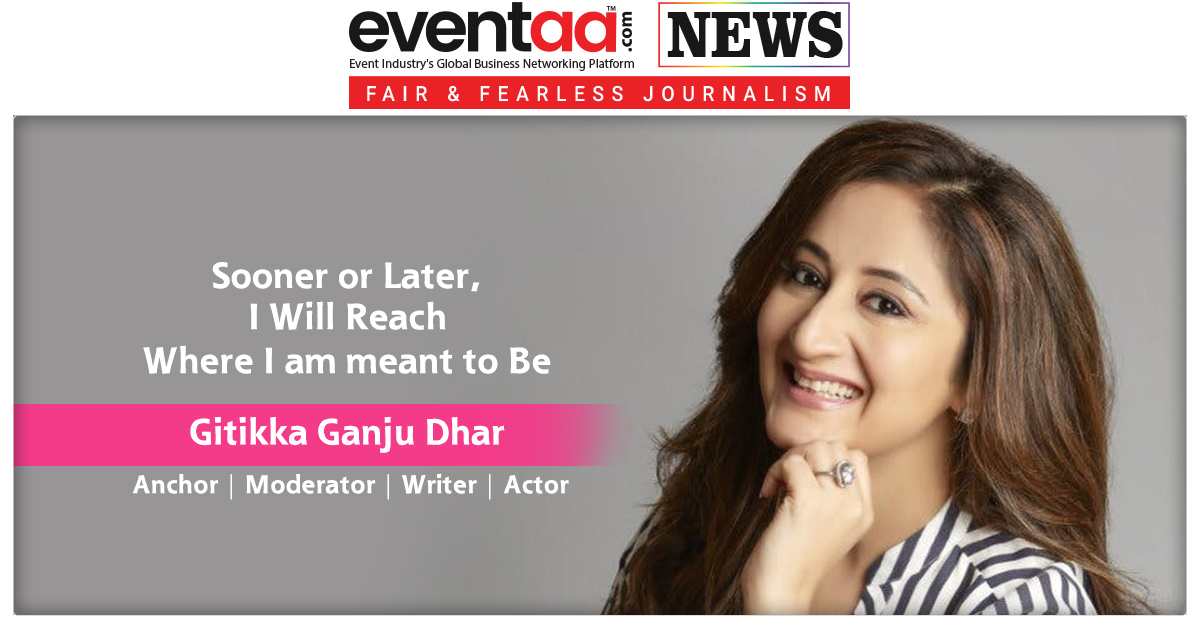
Editor’s Note:
Share your press releases, upcoming events and event industry related news on editorial@eventaa.com to publish it on eventaa.com.